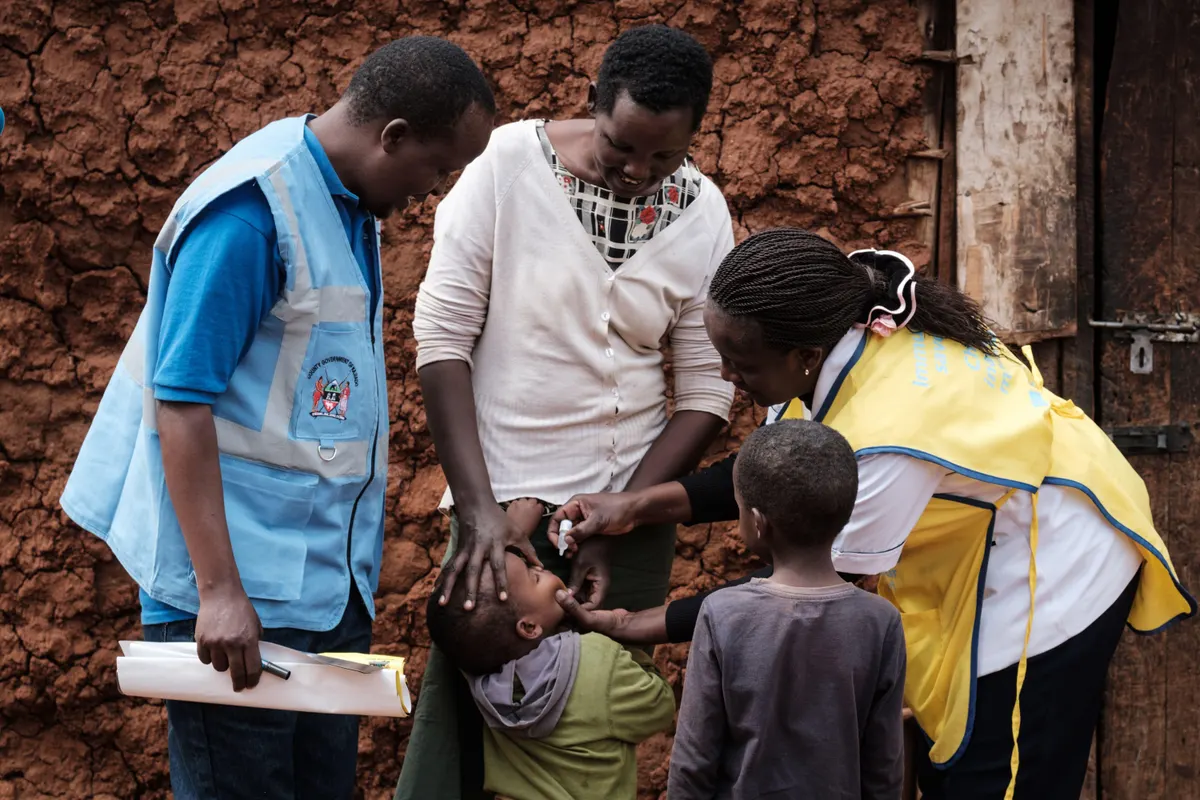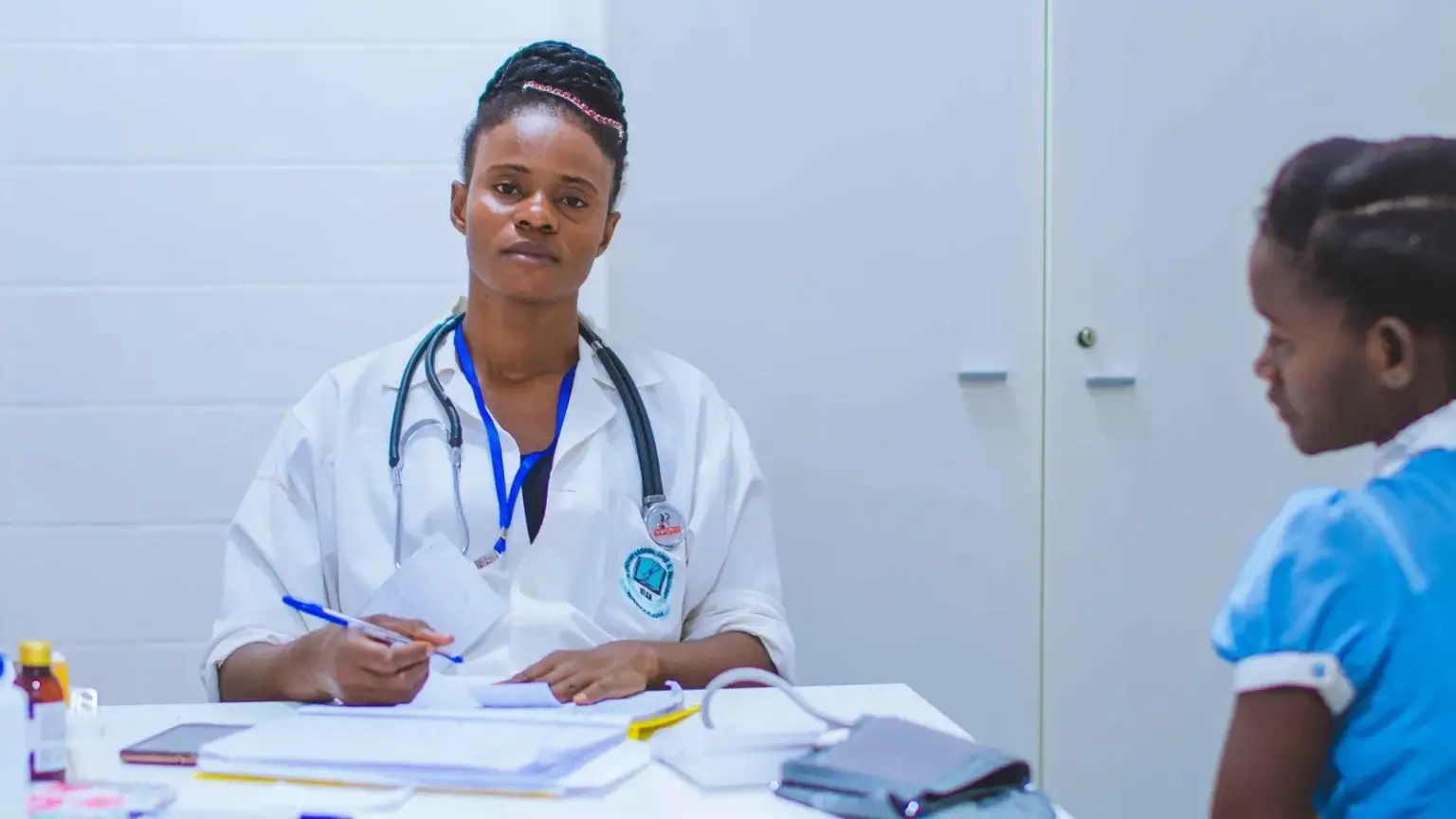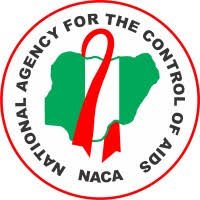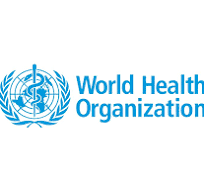How Antimicrobial Research in Nigeria Is Shaping Public Health…
Antibiotics have saved millions of lives. Today, their power is weakening. Many infections no longer…
The Government agency charged with fighting Antimicrobial Resistance in Nigeria is the Nigeria Center for Disease Control and Prevention (NCDC). Fighting antimicrobial resistance in Nigeria needs joint action between the government, non-governmental agencies, health care agencies, and the public.
NNAST stands for Nigeria National Antimicrobial Stewardship Technical Working Group. This Taskforce was inaugurated in August 2024 by the Hon. Minister of Health, Dr. Muhammad Pate, and the then Hon. Minister of State for Health and Social Welfare, Dr. Tunji Alausa. It was formed to help Nigeria combat antimicrobial resistance (AMR).
NNAST began with a single goal: to halt the rise of drug-resistant infections. It was established by health leaders who recognized the growing problem and wanted a way to help facilitate and accelerate the impactful processes already underway in the country. The group brings together experts from various fields, including public health, clinical laboratories, non-governmental organizations, hospitals, education, and the government. These members work closely with the Nigerian Center for Disease Control and Prevention (NCDC).
Many countries now treat AMR as a threat. The World Health Organization leads these global AMR efforts. They set plans and support each country’s work. Nigeria has joined this fight as well. The country launched a national AMR plan in 2017, National Action Plan (NAP). The current version of the plan is NAP 2.0. There are still gaps in tracking resistance patterns. More training and better labs are also needed but progress is happening step by step. Nigeria’s efforts will protect millions if done right. Strong leadership and funding can push it forward.
NNAST plays a key role in Nigeria’s AMR response. We strive to act as a bridge between AMR policy, implementation, research, education, technology, healthcare facilities in Nigeria, and the Public. We will help review and implement the policies outlined in the Nigerian National Action Plan (NAP) for Antimicrobial Resistance, ensuring they are effective in real-world applications. This will involve ensuring that all AMR plans are based on real and evidence-based data, as well as the public health needs of Nigerians. We collaborate with partners to advance national initiatives promoting the safe use of antibiotics, provide guidance to hospitals and clinics, and enhance laboratory systems for detecting resistant organisms. We support health education campaigns and training programs. All our work helps slow the rise of superbugs. As a national task force, NNAST will try to ensure Nigeria stays on track in the fight against antimicrobial resistance.
Many groups now treat AMR as a threat. The World Health Organization leads global AMR efforts. They set plans and support each country’s work. Nigeria has joined this fight as well. The country launched a national AMR plan in 2017, National Action Plan (NAP). The current version of the plan is NAP 2.0. There are still gaps in tracking resistance patterns. More training and better labs are also needed. But progress is happening efforts will protect millions if done right. Strong leadership and funding can push it forward.
NNAST plays a key role in Nigeria’s AMR response. We strive to act as a bridge between AMR policy, implementation, research, education, technology, healthcare facilities in Nigeria, and the Public. We will help review and implement the policies outlined in the Nigerian National Action Plan (NAP) for Antimicrobial Resistance, ensuring they are effective in real-world applications. This will involve ensuring that all AMR plans are based on real and evidence-based data, as well as the public health needs of Nigerians. We collaborate with partners to advance national initiatives promoting the safe use of antibiotics, provide guidance to hospitals and clinics, and enhance laboratory systems for detecting resistant organisms. We support health education campaigns and training programs. All our work helps slow the rise of superbugs. As a national task force, NNAST will try to ensure Nigeria stays on track in the fight against antimicrobial resistance.


Fighting antimicrobial resistance in Nigeria needs joint action. Hospitals, clinics, and schools now work together. NNAST builds strong networks and trains health workers. They learn to use antibiotics the right way. This reduces overuse and stops drug resistance. Labs now track resistance patterns better. Doctors then give proper treatment. Public education also plays a big role. People learn not to take antibiotics for common colds. Posters and radio talks reach rural and urban areas. Pharmacists guide customers before giving any drugs. Schools teach students about safe medicine use. Together, this united action helps stop the rise of superbugs.
Antimicrobial resistance in Nigeria. It follows global standards and local needs. The goal is to reduce drug resistance and improve health.



NNAST stands for Nigeria National Antimicrobial Stewardship Technical Working Group. It was formed to help Nigeria fight antimicrobial resistance. The group brings together experts from public health, labs, hospitals, and the government. These members work closely with the NCDC and other health bodies.
NNAST started with one goal—stop the rise of drug-resistant infections. It was set up by health leaders who saw the growing problem. Now, NNAST leads national efforts to guide safe antibiotic use. It acts as a bridge between healthcare and policy. The team ensures all plans are based on real data and public health needs.

The mission of NNAST is simple—slow down the spread of AMR in Nigeria. We help guide the safe use of antibiotics in all sectors. Our work follows global health rules by the WHO and local plans by the NCDC. NNAST supports hospitals, labs, and clinics to follow better practices. We work to stop misuse of antibiotics. We also help set standards for doctors, nurses, and pharmacists. We aim to reduce antimicrobial resistance step by step. NNAST also helps train health workers and raise public awareness on AMR.
NNAST plays a key role in Nigeria’s AMR response. We guide how hospitals and clinics use antibiotics. We support better lab systems to detect resistance. We help write the National Action Plan (NAP 2.0 AMR) and make sure it works in real life. Our group connects government, health workers, and the public. NNAST also reviews drug policies and treatment rules. We support health education campaigns and training programs. All our work helps slow the rise of superbugs. As a national task force, NNAST ensures Nigeria stays on track in the fight against antimicrobial resistance. We help shape the country’s response to AMR.
Our mission at NNAST is to guide the nation in the fight against antimicrobial resistance (AMR). We follow guidelines from the NCDC and WHO to protect public health. Here’s what we do:
We assist NCDC in setting standards for Antimicrobial Stewardship in Nigeria. NNAST collects and analyzes AMR data, identifies gaps, and integrates infectious disease education into schools. Our support strengthens AMR management efforts across Nigeria.









Antibiotics have saved millions of lives. Today, their power is weakening. Many infections no longer…
Antibiotics are among the most effective drugs we have in modern medicine. However, in Nigeria,…
Antimicrobial Resistance (AMR) is one of the most pressing public health threats globally. In Nigeria,…
NNAST is a national task force dedicated to combating antimicrobial resistance in Nigeria.
NNAST works with NCDC, hospitals, schools, and global health partners.
NAP 2.0 is Nigeria’s action plan to reduce drug resistance.
AMR makes infections harder to treat and increases health risks.
AMR surveillance in Nigeria is the tracking of germs that resist antibiotics. It helps doctors know which treatments still work.

Dr. Omobosola Akinsete is a dedicated physician and a key member of the Nigerian Antimicrobial Stewardship Taskforce. She has been an internal medicine and adult Infectious Disease physician in the United States of America for 30 years . She graduated from Medical school at the University of Lagos, and has a masters in Public Health from Johns Hopkins school of Public Health.
She did her Internal Medicine training at a Brown University hospital and her fellowship in Infectious Diseases at the University of Minnesota where she is an associate professor. She has worked with the National Institutes of Health and Howard University a a coordinator for the Human Genome Project among other projects, she is a frequent public speaker and contributor to different types of media. She loves to advocate for healthcare in minority populations. She has a lot of experience with patients and health care providers on antimicrobial stewardship in her institution HealthPartners in Minnesota U.S.A. Her expertise in the field of Infectious diseases and antimicrobial stewardship and her passion to improve health care in her home country will contribute significantly to the fight against antimicrobial resistance in Nigeria. Dr. Akinsete’s work with the taskforce focuses on leadership of the taskforce as chairperson and national coordinator, working closely with NCDC leadership, the Nigerian Federal Ministry of Health, stakeholders, and funding partners, and helping with capacity building of standardized antimicrobial stewardship and infectious disease educational programs. She will also use her expertise to guide providers and HealthCare institutions on the ground . Her commitment to improving antimicrobial use and patient safety is invaluable to the nation’s public health efforts.